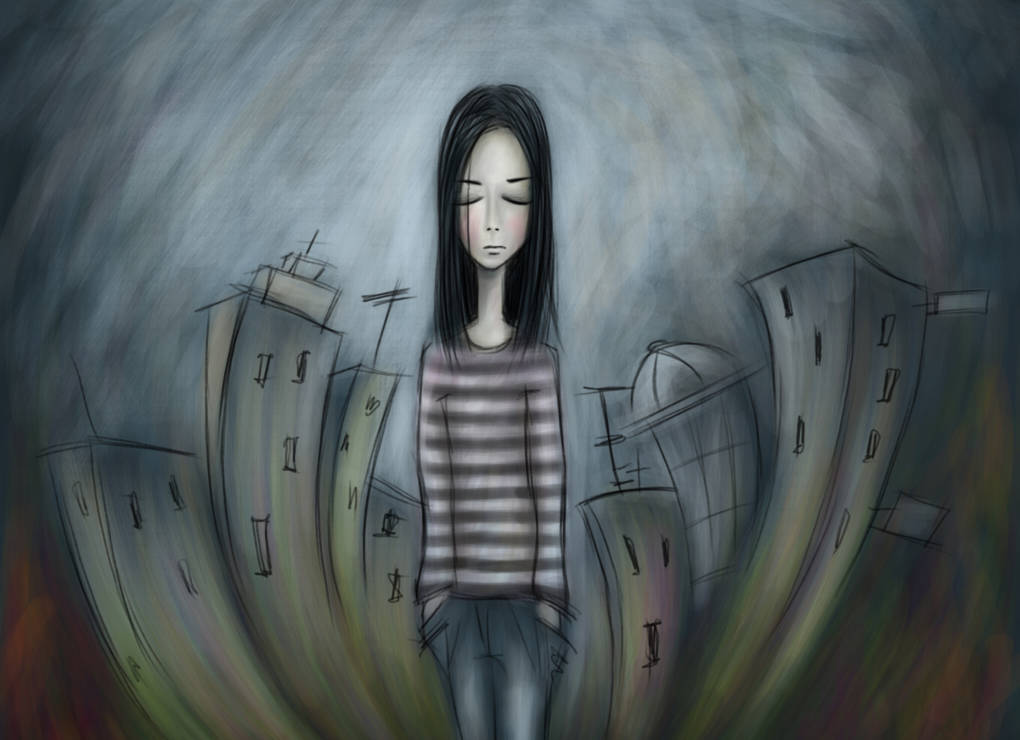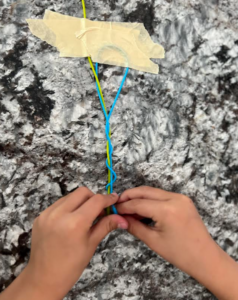BECOME A GRATITUDE MAGNET
Like most things in life, we seem to get back more of that which we give.
When you are grateful for the things in your life, big and small, you always seem to find more things to be grateful about.
I believe that...
Abundance will flow into our life when gratitude flows out of our heart.
When we live this way we become a gratitude magnet and experience more joy, love, peace, and happiness.
This was something I learned a number of years ago. At the peak of my misery, struggles and failures I realized I had to stop being disappointed about where I was and needed to start looking forward to where I was going. Once I started being thankful for the simple gifts in my life and became excited about the road ahead I experienced a completely different journey.
You can too.
Here are a few ways to start...
1. CREATE A GRATITUDE JOURNAL
Take out a piece of paper or open the notes app on your phone and write down 5 things you are grateful for. Every day do this and reflect on what you wrote down and why you are grateful for these things. Overtime you will become a gratitude magnet.
2. TAKE A THANK YOU WALK
It’s simple. It’s powerful and it’s a great way to start feeding the positive dog. How does it work? You simply take a walk... outside, in a mall, at your office, on a treadmill, etc and while walking you think about all the things, big and small, that you are grateful for. The research shows you can’t be stressed and thankful at the same time so when you combine gratitude with physical exercise, you give yourself a double boost of positive energy. You flood your brain and body with positive emotions and natural anti-depressants that uplift you rather than the stress hormones that drain and slowly kill you.
3. APPRECIATE OTHERS
Take a moment to let someone know that you appreciate them… a spouse, family member, co-worker, or friend. Call them, write a letter, send them a text... whatever it is, just be intentional to let them know how much they matter. Sometimes they need to hear this more than you know.
4. GIVE THE GIFT OF KINDNESS
As you go throughout your day look for opportunities to serve and help others. We often think helping others is about the big things but it’s really about doing the little things with a kind, compassionate and grateful heart. Open the door for someone. Pay for a stranger’s meal. Help someone with their carryon bag on an airplane. Take a co-worker to lunch. Smile as you walk down the street even if you live in NYC :) . The list is endless. Just know that when you decide to be a blessing to others you will be blessed.
5. SAY THANK YOU AND GOODNIGHT
At bedtime reflect on your day, identify and share all that you are thankful for. If you have children you can read Thank You and Goodnight with them and add to it.
I hope you had a wonderful Thanksgiving and relaxing break!



